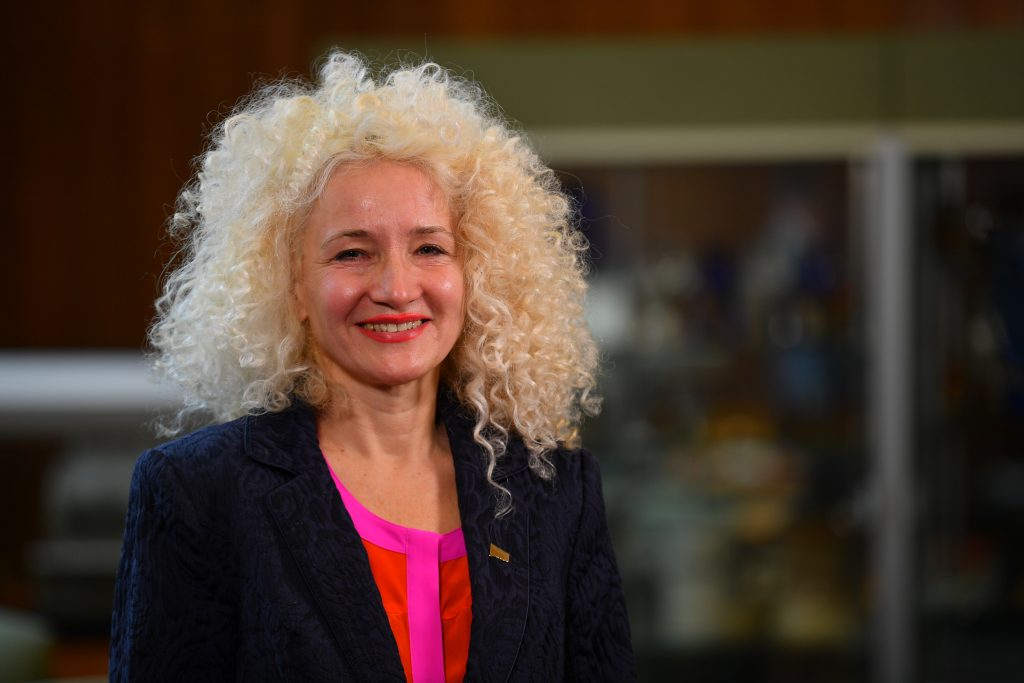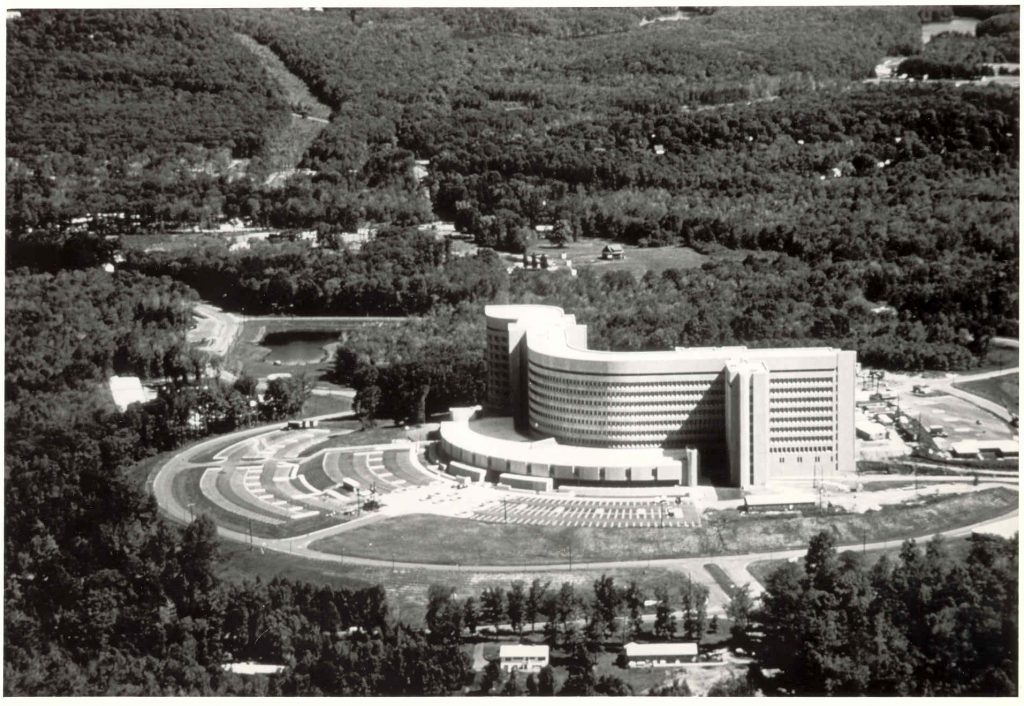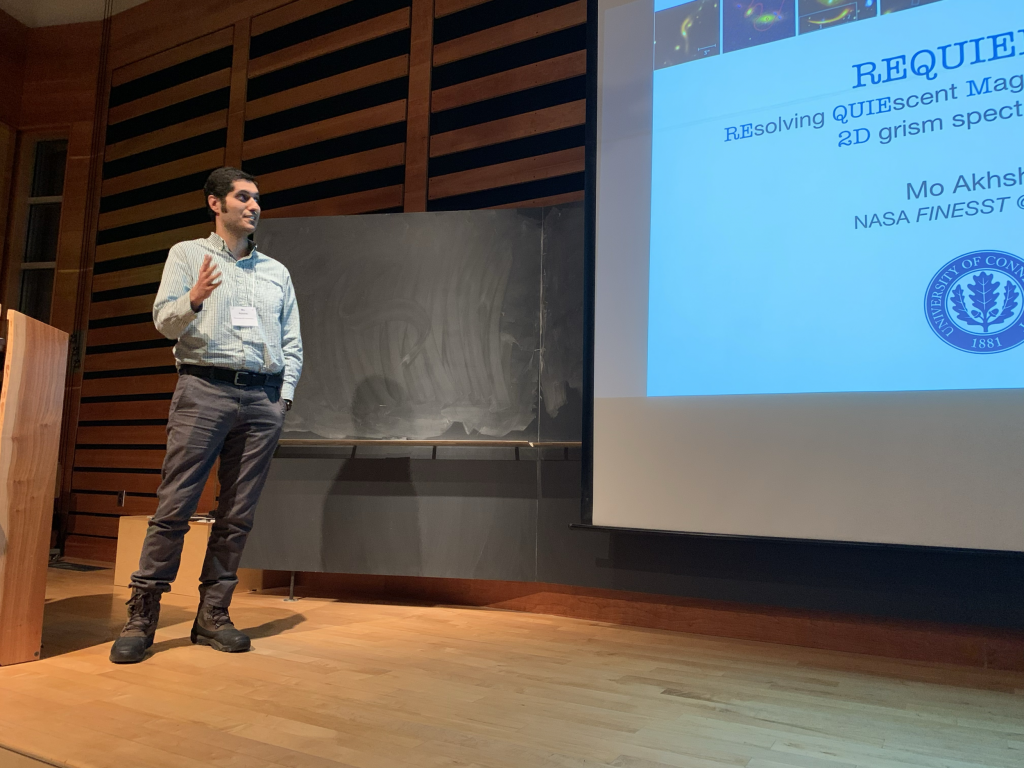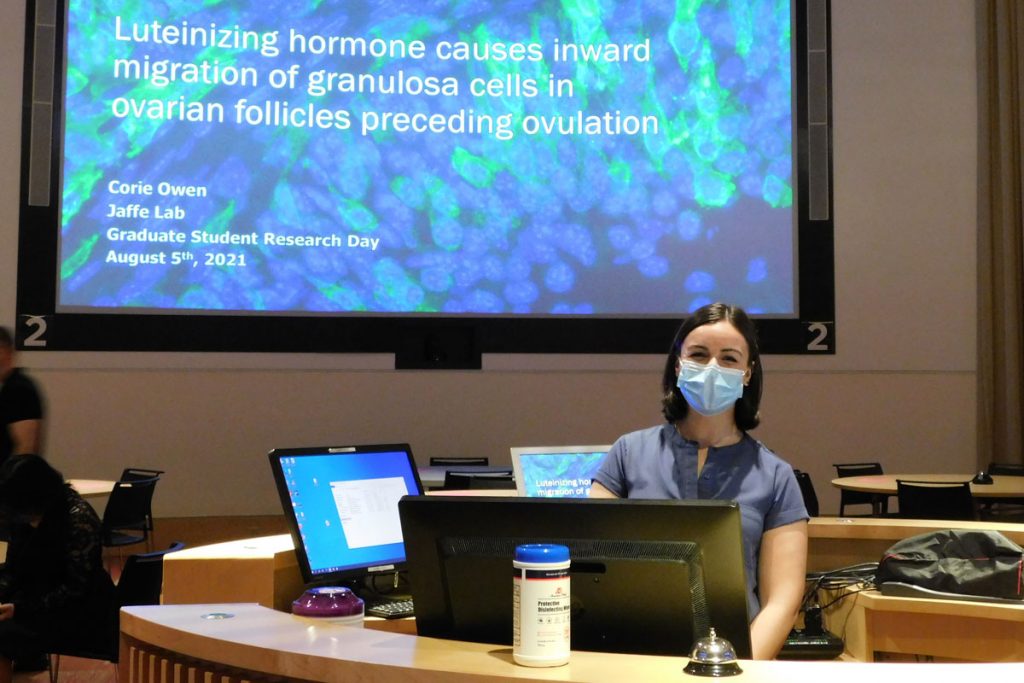The Graduate School
UConn Neonatal Nurse Practitioner Master’s Program Celebrates 10 Years of Online Learning and a Top 10 National Ranking
The program was on the brink of closing, but is now one of the five largest neonatal programs in the country
March 7, 2022 | Mikala Kane
Meet the Innovator: Nicole Wagner, LambdaVision, Inc.
Nicole Wagner is working to translate a technology she began developing as a graduate student at UConn into a medical solution for patients with end-stage retinal degenerative diseases
Radenka Maric Named UConn’s Interim President
'UConn strives to be the place where all students will have equal opportunities and be fully prepared for their life journey upon graduation'
January 26, 2022 | Stephanie Reitz
Classrooms Without Computers: UConn Grad Student Seeking to Change that in Ghana
'These kids we are talking about are in resource-limited areas. They are at a disadvantage compared to children in bigger cities and towns'
December 27, 2021 | Kimberly Phillips
Study: Tree Trimming Pays Dividends for Eversource Customers
New England’s largest investor-owned utility’s tree trimming program increases grid reliability
December 16, 2021 | Combined Reports
A Growing Public Health Mission Since 1971
50 years later UConn School of Medicine's Department of Public Health Sciences is still growing strong and staying true to its basic science roots. Meet the Department's 7 new faculty members.
December 15, 2021 | Lauren Woods
Seeing Beneath the Trees: Using Robots and AI to Control Understory Invasive Plants
A PhD candidate and certified forester is developing a next-generation approach to invasive plant removal
December 15, 2021 | Anna Zarra Aldrich, College of Agriculture, Health and Natural Resources
Business Graduate Students ‘Turned on the Jets,’ Topped Nearly 500 Teams to Win Bloomberg’s First Global Trading Challenge
The student investors' trading portfolio surpassed a Bloomberg benchmark by $467,961
December 1, 2021 | Claire Hall
A Physics Ph.D. Student’s Step-By-Step Journey to Storrs and Distant Galaxies
Seeing far in the distance, even without a telescope
October 7, 2021 | Elaina Hancock
Biomedical Science Research Day Goes Hybrid
More than 130 joined a limited in-person group in UConn Health's academic rotunda for the 38th annual Biomedical Science Program Graduate Student Research Day.
September 17, 2021 | Stephanie M. Rauch, The Graduate School at UConn Health









